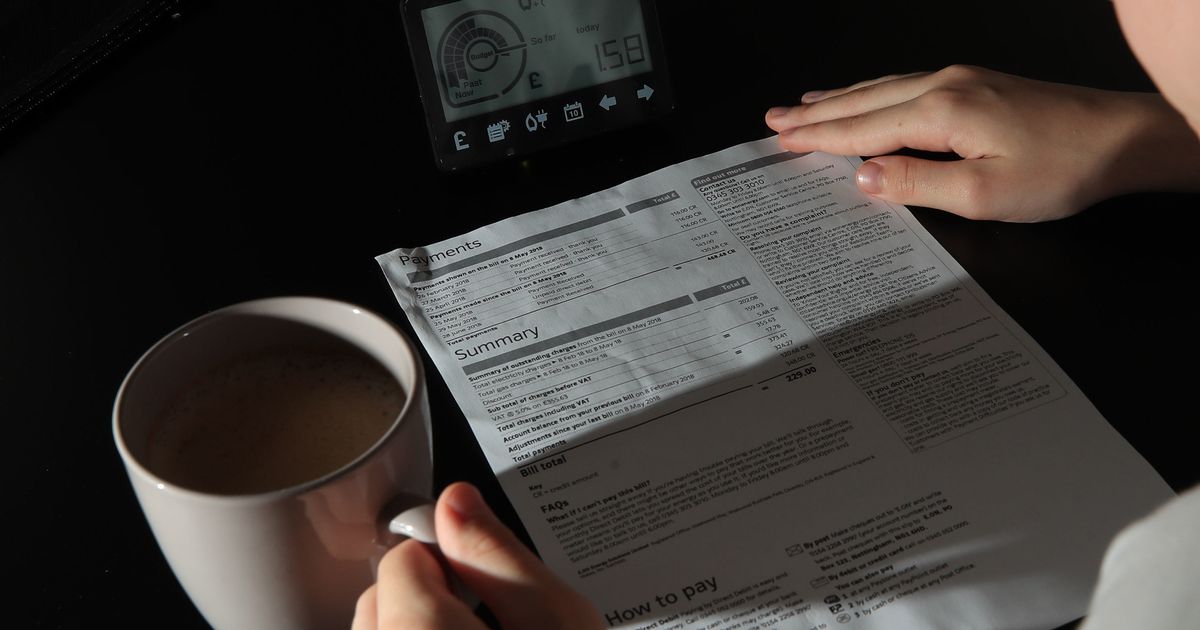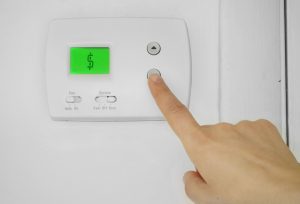
Many households across the UK will be looking for ways to cut costs this year after a historic energy price cap increase was confirmed by energy regulator Ofgem earlier this week.
The average gas and electricity bill in the UK is to increase to a maximum of £1,971 – an increase of £693 a year.
This announcement has left many people feeling concerned on top of the cost of living squeeze the nation is facing.
READ: Simple tips to reduce your energy bills including kettle trick
There are several ways that experts suggest reducing your energy usage – but what are your tried and tested tips for cutting costs in your home?
Here are some of your top energy-saving tips to help reduce your overall annual energy bill – and how effective these methods actually are:
‘Turn lights off when you leave a room’
A staggering 6.5 million people regularly leave lights on when leaving a room at home, which equates to an estimated £14,950,000 of wasted energy per day across the UK, according to industry statistics from Confused About Energy.
Doing so could cost the average household Doing £2.30 a day, or £828 a year according to a study by Utility Design.
Some people went as far to suggest using candles in the evening instead of lightbulbs to really reduce electricity bills.
‘Wear more layers’
Many of you said you opted to layering up instead of having your heating on full whack while at home.
If a hypothetical person wearing a t-shirt puts on a light jumper in this situation rather than reach for the thermostat, they will save around £240 a year, according to The Mirror.
This is because for every 1C a thermostat is turned down, yearly energy bills fall by up to £80, by their calculations.
Although this is a very rough estimate and much depends on your own body and how warm your jumpers are – but it does show how much warm tops can save you in energy costs.
And heating experts have been quick to dispel the myth of leaving your heating at a constant low temperature is cheaper to run.
This is mainly because of problems with home insulation. If your house is old or draughty, for example, heat will be leaking out through windows and doors, according to Energy Savings Trust.
While leaving your heating on all the time will mean your boiler is constantly using energy to keep the temperature at a set level, with poor insulation it will have to work even harder to maintain this temperature.
Click here if you cannot see the survey
‘Use LED lightbulbs’
Lighting accounts for 15% of a typical household’s electricity bill in the UK.
According to the Energy Saving Trust, you can save £2-3 per year for every traditional halogen bulb you switch to a similarly bright LED bulb.
If the average UK household replaced all of their bulbs with LEDs, it would cost about £100 and save about £40 a year on bills.
Replacing a 50W halogen with an LED equivalent could cut your energy costs by £75 over the lifetime of the bulb – not including the price all the replacement halogen bulbs you no longer need to buy; of a typical LED costs between £2.50-12.
LED bulbs require much less electricity to power than both traditional incandescent and halogen light bulbs, and even energy-efficient light bulbs (CFLs).
They are built to last much longer than their incandescent, halogen and CFL equivalents.
‘Charge your phone at work’
Many people have suggested charging your phone at work as a cost-cutting solution.
A typical home could save around £30 a year by unplugging all unused charges and appliances or switching them off at the wall when they’re not being used, according to Thisismoney.co.uk.
Obviously, this is not a realistic solution for many people who are still working from home.
One in four adults were reportedly still working from home in the seven days to January 16 2022 according to data from the Office of National Statistics, equating to 13.4 million people.
‘Use an air fryer for cooking’
Whether an air fryer actually used less energy than an oven is open for discussion – it is completely dependent on how long you are cooking for and therefore tricky to ascertain energy usage.
An air fryer is a kitchen appliance that allows you to cook food for a much shorter period of time and with minimal oil. They have the ability to fry, broil and bake your food.
These machines work by using convection and they heat food by circulating hot air around an air frying basket.
It reaches temperature almost immediately when the settings are selected whereas an oven can take a while to heat up.
Air fryers maintain heat circulation continuously until your food is ready to eat, and holes in the frying basket make it easier for the hot air to reach all sides of your food.
However, air fryers require constant energy use, whereas ovens don’t and therefore, air fryers aren’t actually more efficient if you’re going to use them over long stretches of time.
It is completely dependent on the model of air fryer you use, so be sure to check the wattage information on the product description before purchasing one.
Get the best stories about the things you love most curated by us and delivered to your inbox every day. Choose what you love here




